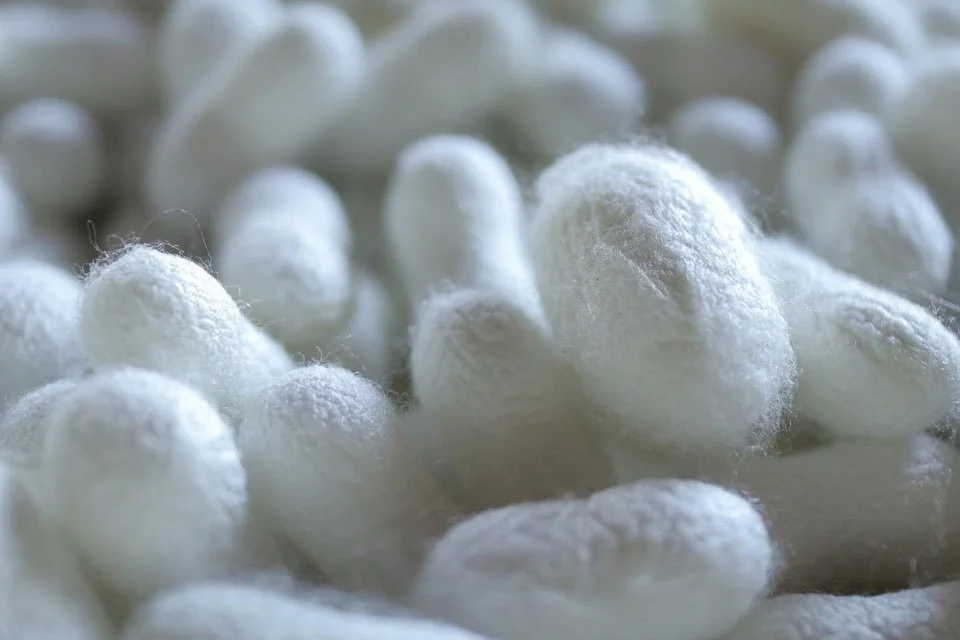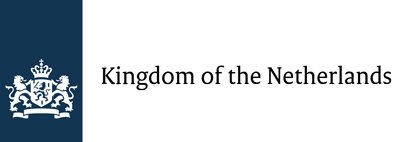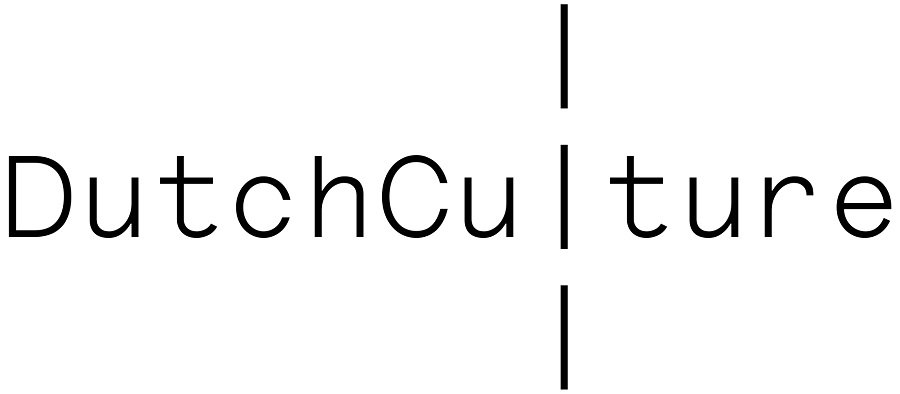MONO & Talks
MONO JAPAN's first exhibition and online talk event in Tokyo on international creative collaboration
On October 15 and 16 within the grounds of Tokyo’s new landmark, Tokyo Torch, MONO JAPAN and its affiliates will hold an exhibition at the Onland Craft Market entitled “MONO & TALKS,” showcasing international creative cooperation in the craft industries.
While MONO JAPAN is based in the Netherlands, this will be our first-ever exhibition in Japan. At the same time, we’ll also be holding an online talk event connecting Japan and the Netherlands.
ABOUT
MONO & TALKS In Onland Craft Market
Within the grounds of Tokyo’s new landmark, Tokyo Torch, MONO JAPAN and its collaborators will hold an exhibition at the Onland Craft Market entitled “MONO & TALKS”, showcasing international creative cooperation in the craft industries. While MONO JAPAN is based in the Netherlands, this will be our first-ever exhibition in Japan.
There are many people, such as artists and designers, living in the Netherlands who work in the creative industry. As the importance of SDGs increases in the society, so too is the number of designers with growing interest in traditional Japanese craftsmanship.
By bringing together Dutch creatives and the people, craft-producing areas and traditional arts of Japan, MONO JAPAN makes possible a craftsmanship that benefits from each side’s strong points. MONO JAPAN also creates a place for mutual learning and stimulation. We believe that international collaboration is the best way to enhance appreciation for Japanese craftsmanship in this world of ours where many different kinds of peoples live according to a variety of lifestyles. We also believe it is an opportunity for innovation to occur.
We would also like to show how people in Europe respond to traditional Japanese objects and techniques of craftsmanship, and share their ideas with Japanese craftspeople concerning European manufacturing, which includes the concepts of sustainability and circularity that are now a driving force in Europe.
In order to carry out these activities, thorough networking is essential. The two previous Artist in Residence programs which MONO JAPAN hosted provided the opportunity for a rewarding collaboration.
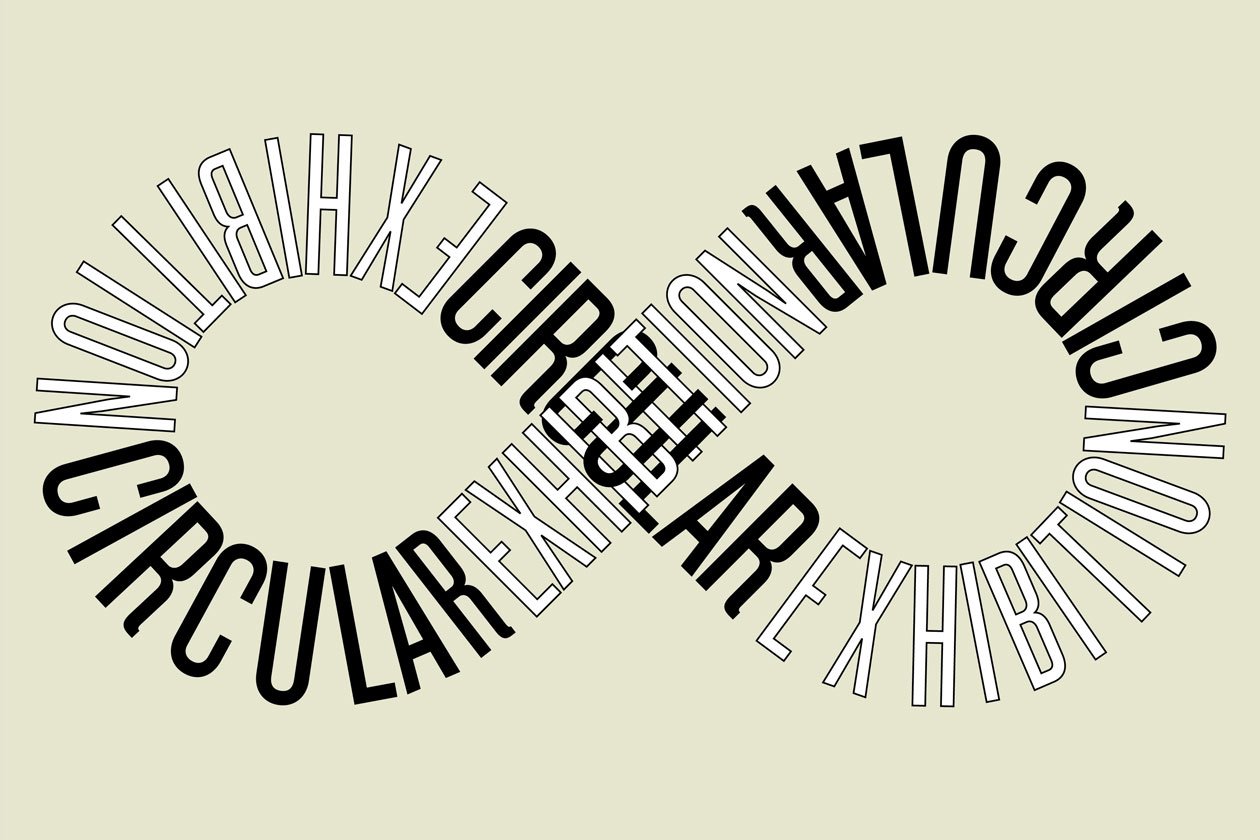
Circular Exhibition
MONO JAPAN’s vision of connecting the traditional crafts knowledge and innovative design culture in a circular way is reflected, also in the making of our exhibition stand for MONO & Talks at Tokyo Torch.
The exhibition stand is made of sustainable materials sourced locally and designed by Dutch Design Studio Werkplaatssessies. The design of the modular construction frames is transferred to Japan as a digital data, enabling the local team in Japan to source their own materials locally, reproduce and build the exhibition stand on site. This transfer of creative knowledge makes the physical design more circular and adaptable, creating a new system that has a diversity in the use of materials and in the people who are involved. At the same time, the uniqueness of the locality shows in its design.
To create a No Waste process, the materials will be disassembled and reused by the students of Art and Design department at Tokyo Zokei University.
MONO JAPAN wants to lead by example to show how a circular way of sharing knowledge, collaboration and production can lead to a sustainable future of international collaboration in the creative industry.
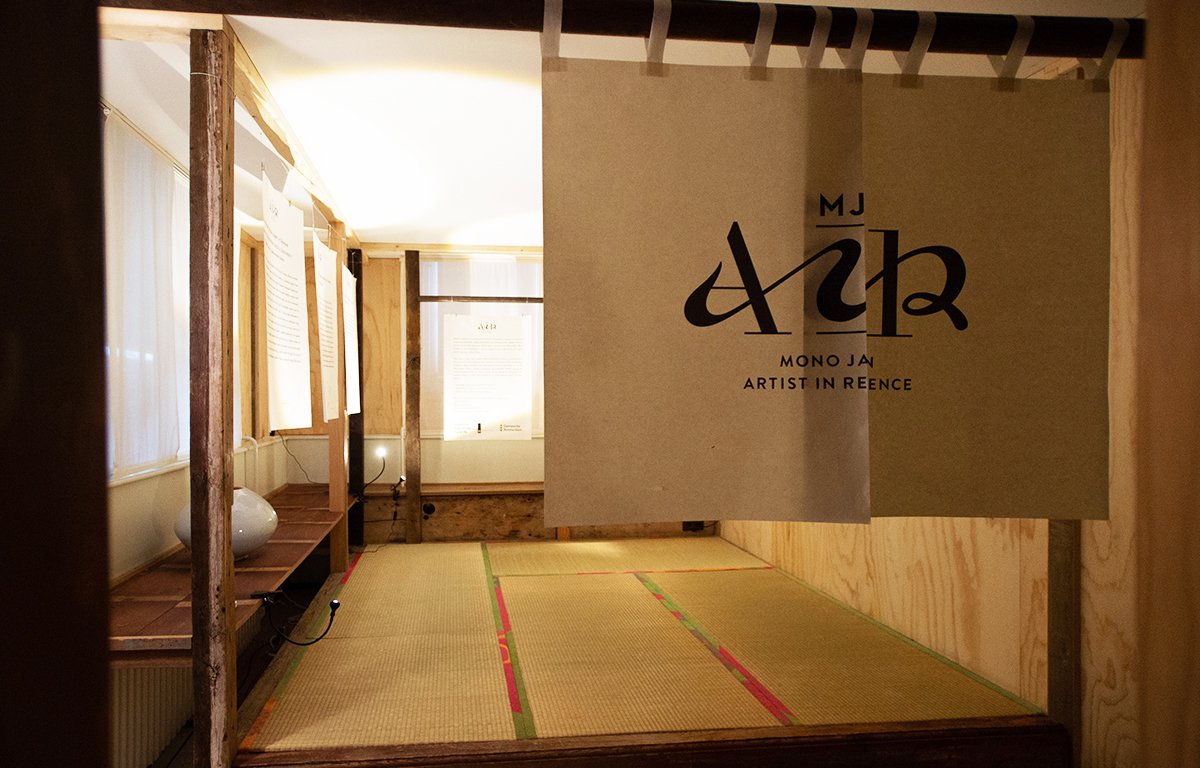
MJ AIR 2019
MONO JAPAN is based in the Netherlands, a country with many active creatives. Dutch design is highly recognised for its conceptualism and innovativeness, and it has produced many designers active throughout the world.
The goal of this project was to bring together the outstanding aspects of the Dutch creatives and the specialties of Japanese artisans, producing areas and small-scale manufacturers to see if a new craftsmanship was possible which united design, innovation and traditional technology.
For MONO JAPAN’s first cultural undertaking, MJ AIR 2019, the following makers from three producing areas decided to host the Dutch creatives for two months and to collaborate with them.
Sekibi Kodo (Aizu lacquerware, Fukushima Prefecture)
Est. 1946. With a theme of “living and playing with wood and lacquer”, Sekibi Kodo offers lasting value that makes the most of traditional skills of Aizu lacquer that have continued for more than 430 years.
sekibikodo.jp
Yoshida Shingi Shozoku (Shinto priest ceremonial costumes, Kyoto)
Yoshida Costume Shop assembles the skills of Kyoto artisans to produce Shinto priest attire and other various costumes, Shinto shrine furnishings and festival objects.
shouzokushi.com
Sekishu Washi Kubota, Nishida Washi Studio (Sekishu washi, Shimane Prefecture)
The two studios collaborating in the project are the only surviving makers who produce Sekishu washi entirely by hand, from the cultivation of paper mulberry to manufacture of the washi.
sekishu.jp
We received over thirty applications in response to the open recruitment of creatives we carried out in the Netherlands. Ten applicants were selected from these documents, and each of them gave a five-minute public presentation during the MONO JAPAN exhibition. We also asked Sekishu Washi and Aizu Lacquerware to participate as judges. The jury in the Netherlands selected the following three designers.
Kao Pao Hui (in collaboration with Aizu lacquerware)
Originally from Taiwan, designer, researcher, artist Kao Pao Hui graduated from Design Academy Eindhoven with an MA in Contextual Design. With a keen interest in ground-breaking innovative materials, traditional crafts and social issues, she creates sculpture and installations that embody an out-of-the-ordinary aesthetics fashioned from ordinary materials and our surroundings.
paohuikao.com
Maryam Kordbacheh (in collaboration with Yoshida Shinto priest ceremonial costumes)
A fashion designer residing in Amsterdam, Maryam Kordbachen graduated in 2009 from ArtEZ Institute of the Arts with an MA in Fashion Design. She sees clothing as “fluid sculpture”, and finds her inspiration in nature’s organic forms. After gaining experience as designer at Viktor & Rolf, she currently works as a freelance designer for clients such as well-known high-end fashion brands.
maryamkordbacheh.com
Jonas Althaus (in collaboration with Sekishu washi)
Based in the Netherlands, artist and designer Jonas Althaus graduated in 2018 from Design Academy Eindhoven with an MA in Social Design. His work focuses on social interfaces, and human-technology interaction and communication.
jonas-althaus.com
During their residencies, the three designers learned the techniques, manufacturing methods and culture of craftsmanship in the three producing areas. They then drew up design proposals based on ideas developed while working in the field. Through repeated experimentation and talking with local people, they were able to complete their prototypes within their two-month stay.
Each prototype has not only its charms but its challenges. Jonas and Sekishu Washi have continued to develop their product and have set to work on its commercialisation. Maryam and Yoshida Shingi Shozoku have perfected several beautiful prototypes together. Maryam also produced an artistic video that has been highly admired in the Netherlands. The sale of their collaborative creation is eagerly awaited.
MJAIR 2019 was made possible by the support from the Creative Industries Fund NL, the Embassy of the Netherlands in Tokyo and the city of Amsterdam.
Team: Initiative by Emiko Chujo, Residency project manager and coordinator Sae Honda
MJ ONLINE AIR 2020 - 2021
ONLINE AIR in the age of corona: How it all began
After the 2019 craft & design fair and MJ AIR 2019, due to the global spread of the coronavirus, the opening of the 5th MONO JAPAN fair scheduled for 2020 was postponed. In the spring of 2020, the rate of infection in Europe worsened. In the Netherlands people were restricted in their movements and activities, and many creatives also had to change their plans. At the same time, working remotely and online meetings became widespread, and people began to carry out various activities online.
For the Artist in Residence program, it is very important that the creatives stay in a place that is new to them, where they can take in the climate, the scents and colours of the land using all five senses, and stimulate their creative power. We believe it is crucial for deep understanding of Japanese Craftsmanship to touch and smell the local materials at the place, learning through observing the artisans at their work.
However, in a time when it is difficult to arrange for foreign creatives to stay in producing areas in Japan, we have pondered the questions, “What are the possibilities in this challenging time?” “What activities can we continue doing safely despite the coronavirus?”
Digital collaboration is possible through use of the internet, with MONO JAPAN providing thoughtful support for the language and communication difficulties. These issues arise from cultural differences, which can become a barrier to international collaboration. The attempt to explore what forms this collaboration can lead to and knowing its limits would provide Dutch creatives and Japanese makers as well as the many people who believe in the possibilities of international collaboration an opportunity for great learning and discovery. Determined to find out the answers, MONO JAPAN launched this new online AIR program.
MJ Online AIR
The Netherlands-Japan participating teams
Giving their support and cooperation to this challenge were the following two participating teams:
Yukihito Kanai (mud-dyeing, Amami Oshima, Kagoshima Prefecture) with Paul Beumer (Artist, The Netherlands)
Chikara Kojima (bamboo craft, Beppu, Oita Prefecture) and Toshihiko Nishida (local support, Research and Consulting of Regional Science Co., Ltd.) with Studio Nienke Hoogvliet (Design Studio, the Netherlands)
Digital Collaboration
We took into consideration differences in time zone, digital literacy, working environment, etc. among the participants. With MONO JAPAN attending each session as interpreter, the two teams carried out ten online meetings and launched their collaborative projects.
Yukihito Kanai of Kanai Mud-Dyeing Works, a well-known traditional mud-dyeing workshop, met with collaboration partner Paul Beumer in an enjoyable atmosphere, and the meetings went smoothly. Paul Beumer’s refusal to give up in the face of difficulties, the idea of incorporating essential elements that are eliminated by traditional dyeing such as the use of mould and the spreading stain of the dyes, the sense of finding beauty in a chemical reaction or randomness, all stimulated Yukihito’s curiosity and playful spirit. Mould, foam, salt, sand, etc., were added to the natural dyes made from sharinbai (yeddo hawthorn), mud from the mud fields, fukugi (common garcinia), and indigo supplied by Yukihito. The abundant natural materials of Amami Oshima stimulated Paul’s imagination, and the collaboration moved forward guided by Paul’s ideas.
Meanwhile, Nienke Hoogvliet and Tim Jongerius of Studio Nienke Hoogvliet who are known for their various projects on the theme of sustainability, collaborated with bamboo crafts artisan Chikara Kojima.
Studio Nienke Hoogvliet learned about the history of bamboo, discovering its beauty and possibilities as a raw material. They took a strong interest in social problems related to bamboo craft, including the manufacturing process, labour, and environmental damages caused by unmanaged bamboo forests. It was hard for Nienke and Tim to come up with a design as they could not touch the materials or freely conduct experiments. Chikara devoted a lot of time to explaining the materials and manufacturing process, and giving shape to Studio Nienke Hoogvliet's unconventional design idea using bamboo weaving.
Outcome
After ONLINE AIR was over, with the support of DutchCulture, we held a live presentation open to the general public to announce the results and discuss the progress and outcomes of the two collaborations.
The Kanai-Beumer team conducted an experiment by applying different colours and materials to each of four pieces of cloth, resulting in a multicoloured textile. The wooden boards and washi used as underlying sheets for the dyeing also created a unique texture, and became part of an appealing experimental work. Yukihito hung the four cloths on a large piece of fabric and presented this as the research results at the live presentation.
Studio Nienke Hoogvliet and Chikara Kojima team held repeated discussions and study sessions about each other’s professional skills. There wasn’t enough time in the ten meetings to finish the prototype of the designers’ proposed idea. They completed their project this time with two-dimensional as well as 3D sketches and a partial prototype of the proposed design. However, through this collaboration they discovered the future possibilities of Japanese craftsmanship, and the team’s live presentation including Chikara’s demonstration turned out to be replete with their expert knowledge.
Through the experience of supporting these two quite different teams, MONO JAPAN learned how to interpret and provide support, how to manage the whole process from providing necessary equipment, to budgeting and managing the length of projects. At the same time, this project convinced us that the distance between Japan and overseas is shortening through digitalisation. It is meaningful to have a place where Dutch and Japanese makers can connect online. We also felt the necessity of soft skills that are more than just language ability in order to facilitate communication between different countries.
Furthermore, having discovered new possibilities, Studio Nienke Hoogvliet, Toshihiko Nishida who took on the job of local support and Chikara Kojima have plans to continue their collaboration and are starting another project after this ONLINE AIR.
MJ ONLINE AIR was made possible by the support from the Creative Industries Fund NL and the Embassy of the Netherlands in Tokyo.
Family Business Innovation Lab (NN)
Collaboration Japan Craft and Dutch Design for Sustainable Product Development
The Dutch life insurance company NN Life Japan is co-hosting the Family Business Innovation Lab to support the next generation of family businesses in Japan. Family Business Innovation Lab and JAPAN BRAND FESTIVAL have collaborated to establish the ‘Craftathon’ program, which supports overseas expansion of Japanese craftsmanship. Matsui Kigyo was selected as a participating company and given the opportunity to collaborate with the Dutch design company BCXSY.
The two companies will produce a documentary while working on developing a product and installation that builds from the value of silk products and traces the history of sericulture in Japan. They will explore sericultural methods that build a new relationship with silkworms, strengthening the understanding of silk and sericulture.
Family Business Innovation Lab and the ‘Craftathon’ program
Matsui Kigyo was founded in Toyama Prefecture in 1877. It is the only silk weaving company in Japan to have inherited 450 years of local silk tradition.
BCXSY works with Japanese craftspeople, manufacturers, and brands from around the world to create artworks and products.
Japanese Craft Meets Dutch Design
Matsui Kigyo Co. was established in Toyama Prefecture in 1877. The company has been weaving silk products such as interior goods and kimono fabrics using "Shike silk" made from silkworm cocoons. Noriko Matsui, the sixth generation of this family business, has launched a life-care brand called "JOHANAS". This brand incorporates the comfort of natural silk with modern life products. She is also involved in ‘sericulture’ with her husband Wataru Matsui. This is the practice of cultivating soil and building a silk lifecycle.
Boaz Cohen and Sayaka Yamamoto are the founders and designers of the company BCXSY based in the Netherlands. They have worked with Japanese furniture craftspeople as well as manufacturers and brands from around the world, creating a variety of art works and products. Many of these collaborations have been with family businesses, where they incorporate free thinking and the latest technology into their designs, giving historic products new appeal.
The latest to collaborate with is the Matsui Silk Factory in Toyama.
Silkworms: ‘The Heavenly Insects that Produce Silk’
Silkworms construct cocoons that are the source of silk thread. Inside these cocoons, the silkworm transforms from their larva state through to a full-size worm.
To protect themselves during this process, the cocoon reflects light and harmful ultraviolet rays. Also, cocoons have a moisture regulating function, which reduces moisture and static electricity. This limits dust, which is a home for bacteria.
The ratio of amino acids that make up silkworm protein is almost the same as that of human skin, therefore it is used as surgical thread. Silkworm droppings are also rich in nutrients and have been used as medicine since ancient times. In these ways, silk has many functions to protect the silkworms, and it is a waste free material and a has very high affinity with people.
Matsui Kigyo has been manufacturing fusuma paper (interior door paper). This is made by laminating silk and Japanese paper. During the humid climate of the Hokuriku region in Japan, this type of fusuma paper with its unique characteristics of silk, has the function to reduce humidity and prevent mold. Its luster makes the room appear brighter even in dim light. In addition to the pure functionality of silk, there is also the energy of the silkworm that permeates the mind, such as the comfort of wearing silk and the feeling one has when it is used in an interior space.
Silkworms have coexisted with human beings from around 4,000 to 10,000 years ago. However, the information about this long relationship and culture that has been handed down, is limited. This gives us a somewhat old-fashioned impression.
Current Situation and Future Challenges of Silk
Until today, Japanese silk has been used in a variety of industries and functions, such as clothing, art, medical equipment, daily-to-day items, and interior decoration. However, the major use in Japan is for kimono fabric. With the sharp decline in demand for kimono, the production of silk fabrics has decreased by 70% in the last 10 years. The number of ‘sericultural’ farmers has decreased by 97% in the same period. This has put the survival of the industry at risk. Furthermore, with the increase of veganism around the world and silk manufacturing being yarn derived from animal products, the perception of silk is changing.
Taking the opportunity to collaborate through the Craftathon event, Matsui Kigyo and BCXSY have been discussing the possibility of finding a new way to make use of silk by focusing on the story of silk cultivation, production, and the creation of products using the silk. As well as the functional and emotional value of silk and delivering messages that match the thinking of modern people.
From this, they decided to work on the following:
To develop of a product and installation that expands of the value of silk products
To trace the history of sericulture in Japan and to explore sericulture methods that build a new relationship with silkworms
Through these efforts, they will make a documentary and present a new way of understanding silk and sericulture.
They said, “We believe that we will be able to create better products and propose new values through silk by collaborating with each other through repeated research and mutual collaboration, rather than just a short-term effort of adding BCXSY's designs to Matsui Kigyo's traditional techniques.
Family Business Innovation Lab https://kagyoinnovationlabo.com/
Matsui Kigyo Co. https://matsuikigyo.com/
BCXSY https://www.bcxsy.com/
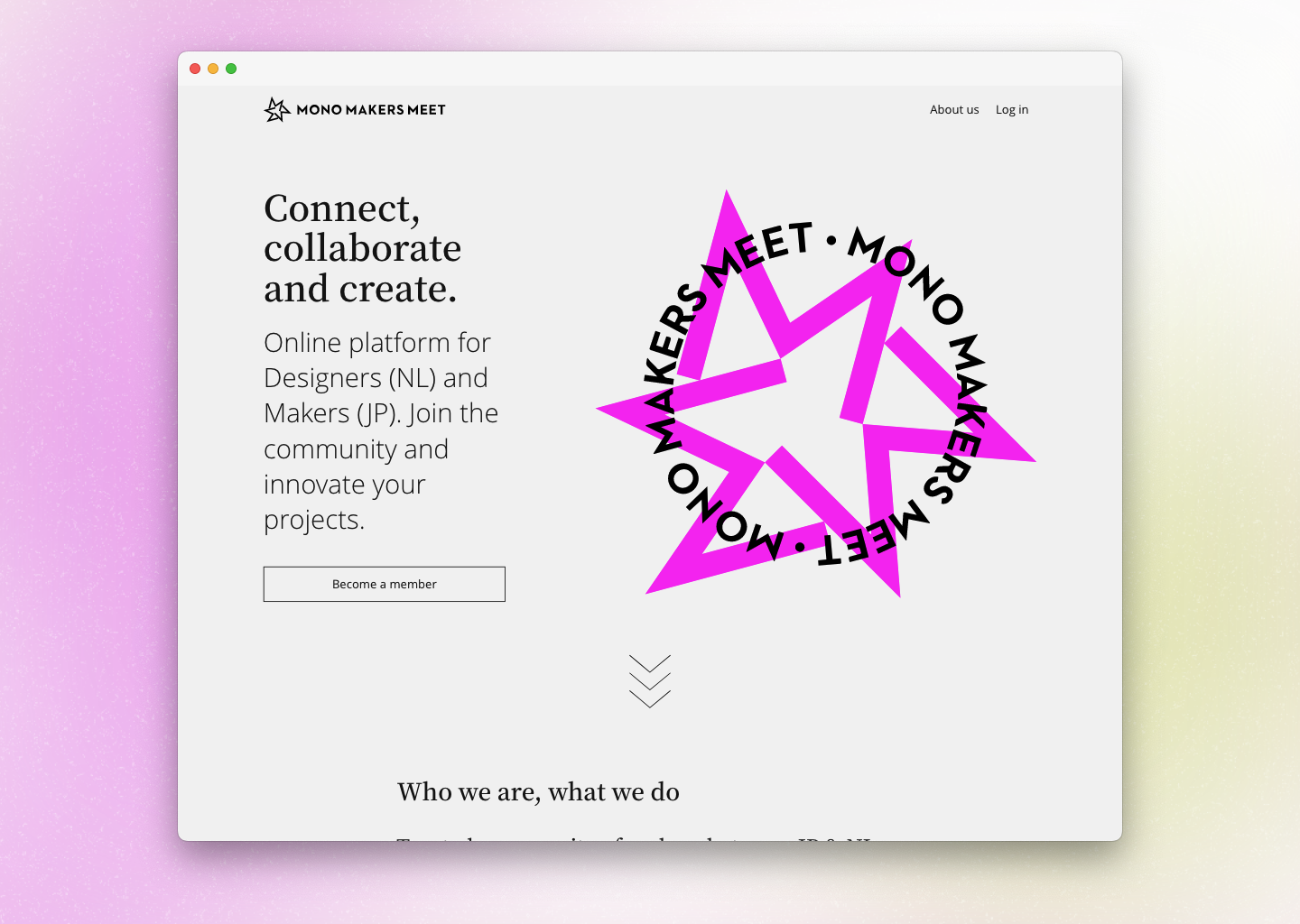
MONO MAKERS MEET
MMM (MONO MAKERS MEET) − MONO JAPAN’s new online platform, a place where talented Dutch creatives meet their Japanese counterparts
While MONO JAPAN has been managing a creative collaboration between Japan and the Netherlands since 2019, due to the corona pandemic, it has now become difficult to travel back and forth. And so, using the availability of digital communication, MONO JAPAN has created MMM (MONO MAKERS MEET), an online space where talented creatives from the Netherlands can easily meet up with different types of manufacturers, artisans, and designers from anywhere in Japan.
Through our online platform, which uses MONO JAPAN’s network, Japanese makers can meet up with Dutch creatives with an interest in Japanese craftsmanship, from well-known established designers to those just starting out on their careers. The platform has a tag function which shows each participant’s specialty or area of interest. It can also be used to search for someone to collaborate with or to inform others of a workshop. We also recommend that the people in charge of the Artist in Residence program use the platform as a publicity tool targeting artists. And when communication problems arise, MONO JAPAN can provide support in this case, too.
Take your first step towards an encounter with Japan...
MONO Makers Meet will be launched in May 2023.
website : monomakersmeet.com
MONO Makers Meet is made possible by the support from the Embassy of the Netherlands in Tokyo.
MONO & TALKS Exhibition Information
Event : Onland Craft Market 2021
Date : Friday, October 15, 2021 and Saturday, October 16, 2021 (2 days)
Location : TOKYO TORCH PARK, 2 Chome-6-4 Ōtemachi, Chiyoda City, Tokyo, Japan
To join the TALK event, reserve your place online (free registeration)
Talk on October 15th >>> https://ocmtalk1015.peatix.com/
Talk on October 16th >>> https://ocmtalk1016.peatix.com/
Talks hosted by MONO JAPAN on 15th and 16th will be streamed live from MONO JAPAN Amsterdam's Facebook page. >>> https://www.facebook.com/monojapanamsterdam
MONO & TALKS is co-organized with Onland Craft Market.
MONO JAPAN ONLINE AIR PROGRAM is supported by the Creative Industries Fund NL and The Embassy of The Kingdom of The Netherlands.
Stichting MONO JAPAN functions as an active platform moderator in establishing new Dutch-Japanese creative partnerships.
For more information please feel free to contact us: info@monojapan.nl







